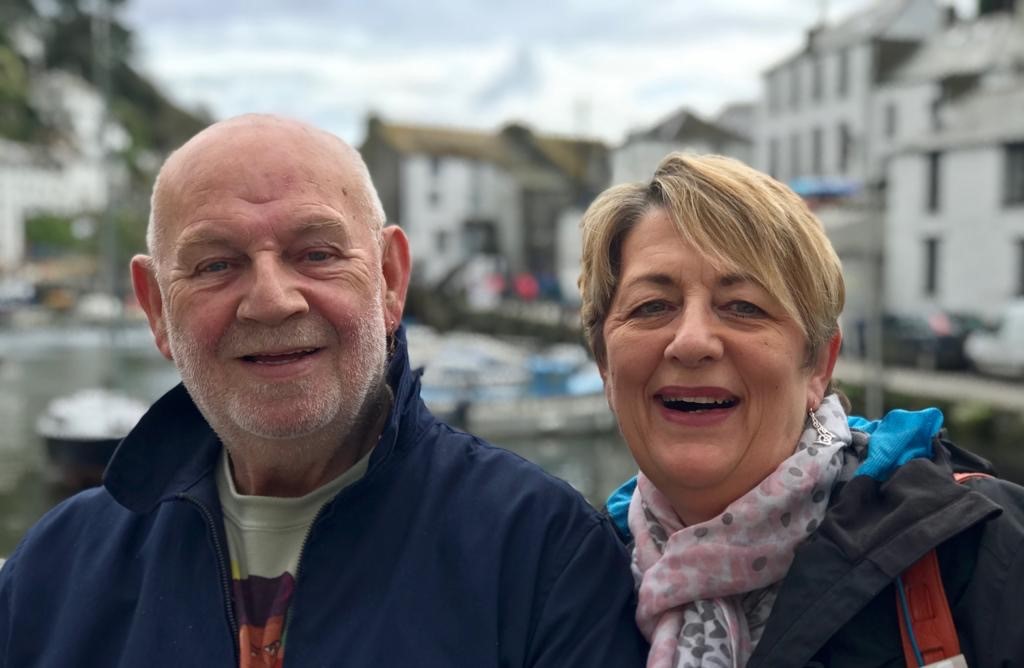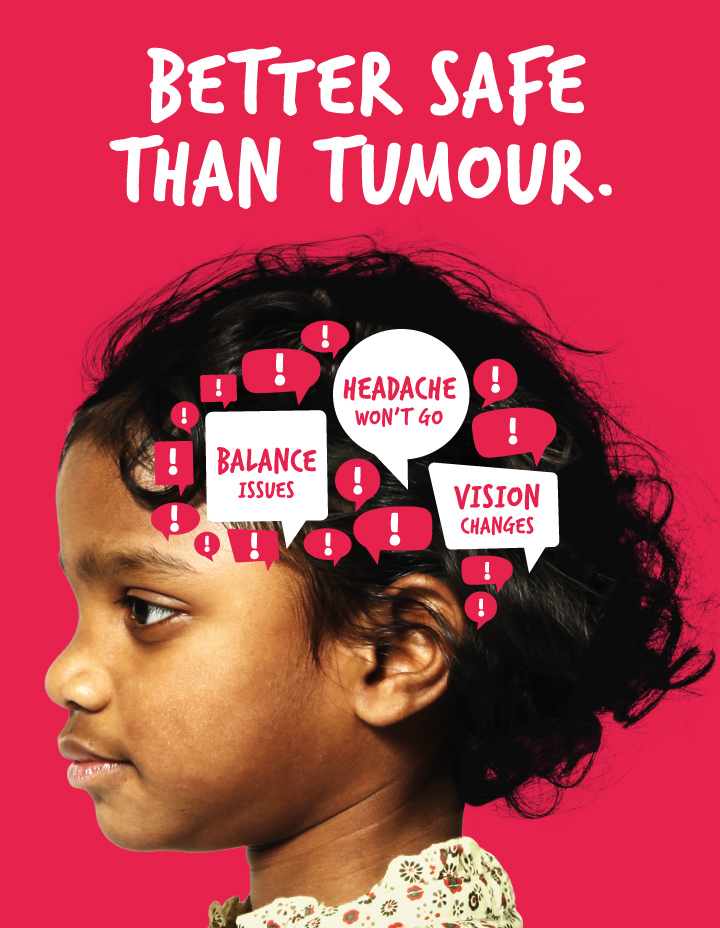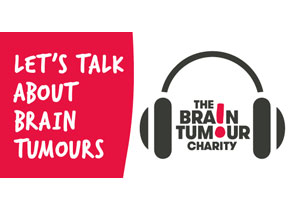Brain tumour memory loss and memory difficulties
Sadly, brain tumours can cause memory loss or memory difficulties. This can sometimes be because of the tumour affecting the brain or possibly because of the tumour’s treatment.
Short summary
1 in 2 people we spoke to experienced memory difficulties or memory loss caused by a brain tumour or its treatment.
But, it’s important to remember that not everybody who is affected by a brain tumour will experience memory difficulties. And, those who do might have different experiences. This is because symptoms and their severity can be different from person to person.
With that in mind, here we’ll discuss brain tumour memory loss and memory difficulties.
On this page you’ll find:
- About memory
- What brain tumour-related memory loss or difficulties could I experience?
- How can a brain tumour cause memory loss or difficulties?
- Coping with memory difficulties
Get support
Our kind and approachable Support Team can answer questions you have or provide a listening ear if you need one.
Expert benefits & money advice
Benefits and Money Advice Clinic supported 339 people in the last financial year (22/23), to the tune of £807,938.
Get your free Information Pack
Our Brain Tumour Information Pack can help you better understand your diagnosis and feel confident talking to your medical team.
About memory
Memory is our ability to receive information, store it and then remember it in the future. Although there are various types or aspects of memory, it can be split broadly into short-term and long-term memory.
Short-term memories help us remember things from a few seconds ago, such as the name of a person we just met. These are forgotten after around 20 seconds or converted into long-term memories, depending on their importance and the circumstances.
Long-term memories enable us to recall information from the past, whether it’s a minute ago, a year ago or many decades ago.
What brain tumour-related memory loss or difficulties could I experience?
The types of brain tumour-related memory loss you may experience are:
- losing memories formed before you had a brain tumour or treatment (also known as retrograde amnesia)
- difficulty remembering memories formed after you had a brain tumour or treatment (also known as anteretrograde amnesia).
How can a brain tumour cause memory loss or difficulties?
There are a few different things that could be responsible for brain tumour-related memory loss. The below are common causes of memory difficulties.
Location of the tumour
Many areas of the brain are involved in storing and recalling different types of memories. So, it’s not always possible to accurately predict how someone’s memory will be affected by a brain tumour.
However, it’s more likely (but not definite) that someone will experience memory loss if their tumour is in the frontal or temporal lobes of the brain.

Suddenly I didn’t know where I was or why I was there.
Carol Rutherford

Carol Rutherford, diagnosed with a low grade meningioma in 2012
“I was on holiday and went to get money from a cashpoint while my husband waited in the car. Suddenly I had a very frightening experience of complete memory loss. Two hours later I remembered enough to make my way back to our hotel, where I found my worried husband.
“The tumour was discovered after we returned home. I had an emergency operation and was off work for 8 months after my diagnosis, as the episodes of memory loss knocked my confidence. It took a long time to get it back – to be confident in my own abilities and not be worried about going out alone.
“But I’ve built myself back up, using my hobbies as recovery tools. I love meditation, gentle yoga and reading. I’m determined to make the most of my life now. I’m closer with some of my family now and, though I’ve always tried to have a ‘seize the day’ attitude, this has become even more important.
“I’ve even ticked some things off my bucket list, including returning to Spain to walk the Camino de Santiago Pilgrims’ route with 3 friends.“
Join one of our Online Support Communities for more stories and tips about coping with a brain tumour diagnosis from people who know what you’re going through.
Effect of treatment
One of the types of treatment that can cause memory difficulties is neurosurgery.
Neurosurgery can cause some temporary swelling around the brain, so it’s normal to experience memory loss after brain tumour removal or biopsy.
You may also experience difficulties with your memory after brain surgery if surgeons had to remove brain cells that were responsible for your memory.
Regaining memory after brain surgery will depend on whether the memory loss is caused by temporary swelling or the removal of brain cells responsible for your memory.
Also, the side-effects of chemotherapy and radiotherapy can include memory loss and cognitive difficulties. They can also affect your energy levels, which can make it harder to remember things.
Unfortunately, the side-effects of these treatments can sometimes last weeks and months after treatment has ended.
Coping with brain tumour memory loss
There are many ways that you, your loved ones and healthcare team can reduce the effect memory difficulties have on your everyday life, including:
- using memory aids
- making adaptations to your environment
- trying new ways of organising and planning
- learning about memory techniques.
We’ve collected some ideas about how to cope with memory difficulties that were suggested to us by healthcare professionals and people who are living with a brain tumour.
Join one of our Online Support Communities for more tips about coping with a brain tumour diagnosis, from people who truly understand what you’re going through.
Support and Information Services
Research & Clinical Trials Information
You can also join our active online community.
In this section

Know the Signs and Symptoms
Although brain tumours are rare, if you or a loved one are experiencing two or more of the signs and symptoms it’s important that you speak to your doctor to rule out a brain tumour.

Get support
If you need someone to talk to or advice on where to get help, our Support and Information team is available by phone, email or live-chat.
Recommended reading

Living with memory loss
Jennifer’s shares her experience of memory difficulties after being diagnosed with a brain tumour.

Let’s Talk About Brain Tumours
If you or someone you know is struggling with memory difficulties after a brain tumour diagnosis, you may want to listen to a new episode of our podcast, Let’s Talk About Brain Tumours, which is all about memory.

Share your experiences and help create change
By taking part in our Improving Brain Tumour Care surveys and sharing your experiences, you can help us improve treatment and care for everyone affected by a brain tumour.